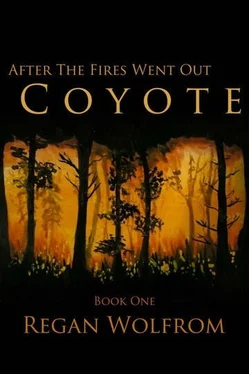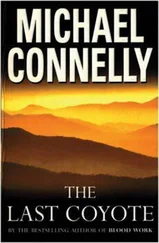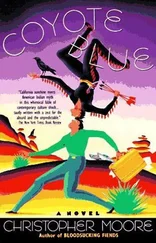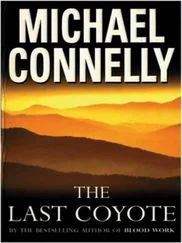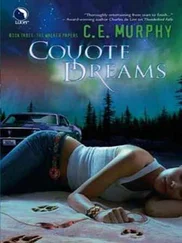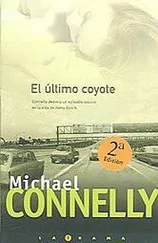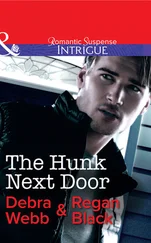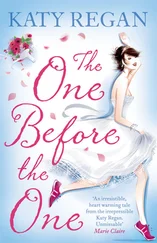But everything else was fair game.
I remember some of those movies pretty well. Most of them had Kevin Costner in them for some reason, and most of them were all kinds of suck. People would mope around starving and getting sick… that or they would just go out and murder each other. It was like those were the only two settings available for post-apocalyptic societies, sad sack or crazy-eyed killer. The end would come and civilization would drain away in an instant, people forgetting to bathe and wash their clothes, even forgetting how to use a goddamn fork at the dinner table.
None of it made any sense; I think the entire genre was just a refuge for wooden characters and plot holes you could drive a tractor-trailer through. I couldn’t get into any story where there wasn’t a plausible attempt to explain just how things got so messed up in the first place. Something more concrete than “global warming” or “monkey pox”, something that set up a little thread of how we got from normal to fucked in X number of years. You’d be surprised how rare that kind of explanation is.
But there was one movie I liked, or at least it was better than the one about the mutant with fish gills or the one where Denzel Washington carries a crime-fighting bible. It was called Testament , and while it did have a little bit of Kevin Costner in it, it didn’t suck like the others. It just made the end of the world suck.
In it the world ended with a nuclear war, and people began to die from the radiation, starting with the little kids. There weren’t any grand adventures, or bad guys on Jet Skis, or idiot-savants with homemade helicopters. There was just an endless stream of bad things happening and no way to stop them from coming no matter how hard you tried. It’s not like the main character actually has the power to fix the end of the fucking world.
In real life things happened differently than it did in any movie, but my world still ended. Things started spiraling out of control until one day we realized that we were on our own.
I’d come to Cochrane for the same reason I’d gone to every other little nowhere in Ontario, to consult on community safety, as if the problems in small towns are anything like what we’d done in big bad Toronto. I’d shown up and given my presentation, and then an army reserve regiment closed both highways to Timmins. I wasn’t going to make my flight home.
And things went downhill from there.
Over the next couple of days they called a state of emergency provincewide, to deal with the riots in Toronto. They transferred out pretty much all of the local police detachments, sending them down to reinforce the crowd control on Yonge Street.
I’d known the moment our airport shuttle was turned back that the chaos wasn’t temporary. There wouldn’t be any more police, or government, and there definitely wasn’t going to be any more fuel shipped in. Whatever we had now was all we could hope for, and we knew that eventually what we did have would run out.
That all happened before the comet had even reached us, before they’d even tried (and failed) to divert the thing. The world was falling apart ten months in advance.
Cochrane didn’t have it too bad at first, better than places like Timmins, where the wrong people took over, or Iroquois Falls, where they learnt first-hand just how bad cholera can get when you mix shitting and drinking. We worked together and tried to keep people safe, and for a while it seemed to be working.
But things got worse and people started to die, not character actors and reams of underpaid extras, but real people like Fiona’s father, who used to coach her in hockey and had actually met Don Cherry at a restaurant in Montreal once, and Ant’s older brother who used to drive an old Mustang and taught him everything he knew about being the centre of attention, and Sara’s two little sisters who served as joint maids of honour at her wedding and three years later as joint shoulders to cry on during her divorce.
Those people and a crapload more are dead now, from disease, from The Fires, or by the hands of people who didn’t have their own supplies but did have their very own guns.
But I think it’s worse not knowing what happened to the people you love. Obviously the networks are down. Any phone that isn’t equipped to talk to European or Nigerian sats is a brick as far as calling anyone; my fancy phone’s useless since every satellite system on this side of the Atlantic has gone offline. Justin managed to get his hands on a phone that can reach the Nigerian array for voice-only on a good day, for a few minutes at a time, if he angles it right… but that hasn’t done much to get us out of the dark.
That means that Graham doesn’t know about his parents, or his older brother or baby sister; he hasn’t heard anything about what’s happening in Illinois. And I don’t know what’s happened to Alanna and Cassy, either… but since the AM radio’s full of static and we don’t see planes in the sky anymore, I’ve already made my guess. I don’t need to listen to shortwave signals from New England to tell me that there’s no silver lining out beyond the horizon, no life left for me back home on Sackville Street. All I have left is here.
Ant used to make breakfast every once in awhile. He made the best pancakes and french toast, but he always left the kitchen a mess once he’d finished, flour on every surface and sometimes even a pale yellowy goop dripping from light fixtures and window blinds.
But none of that mattered when it came time to taste what came out of his kitchen explosions; it was always worth the extra clean-up afterwards.
This morning Fiona found me coming out of the bathroom and asked me if I’d play chef for once. I know she’d always enjoyed helping Ant when he was running the kitchen at breakfast time, but I’m not sure I can be the replacement she’s looking for.
“I don’t know what causes it,” she said. “For some reason most men seem to have a talent for breakfasts and barbecue. I like that you guys are good at a couple of things.”
“I used to be okay at making breakfast,” I said. “But I was never as good as Ant. My specialty was eggs.”
Fiona let out a little giggle. “Like frying eggs? Is that really something you can specialize in? A particular way of cracking the shells?”
“Omelettes, goofball. Sometimes I’d get up early and spend like an hour putting together the world’s most perfect set of ingredients: red and yellow bell peppers, fresh spinach, never frozen… portobello mushrooms… some nice chorizo sausage if I’d remembered to pick it up the day before… there was only one problem.”
“What?”
I smiled as I remembered it all. “Cassy hated omelettes. She never actually tried one, but she’d already made up her mind about them. But I wouldn’t give up. I’d make those damned things every Saturday, and every Saturday she’d just have a bowl of cereal. I just thought if I kept making them long enough she’d finally feel obligated to at least take one little bite. She never did.”
Fiona put her hand on my shoulder blade and gave me a little squeeze. “Will you make me an omelette?” she asked.
“I can do that.”
“Good. I promise not to eat it. Not even a bite.”
That made me smile.
She came with me into the kitchen, keeping me company while I put the ingredients together, with the added bonus that she knows where everything’s kept. We talked about little things that didn’t matter, like how we had two roosters but that they never fought, since one of them didn’t seem to notice or care that there were hens around. I’d named that rooster Cock Hudson, but even I don’t have a full handle on the reference.
Читать дальше
